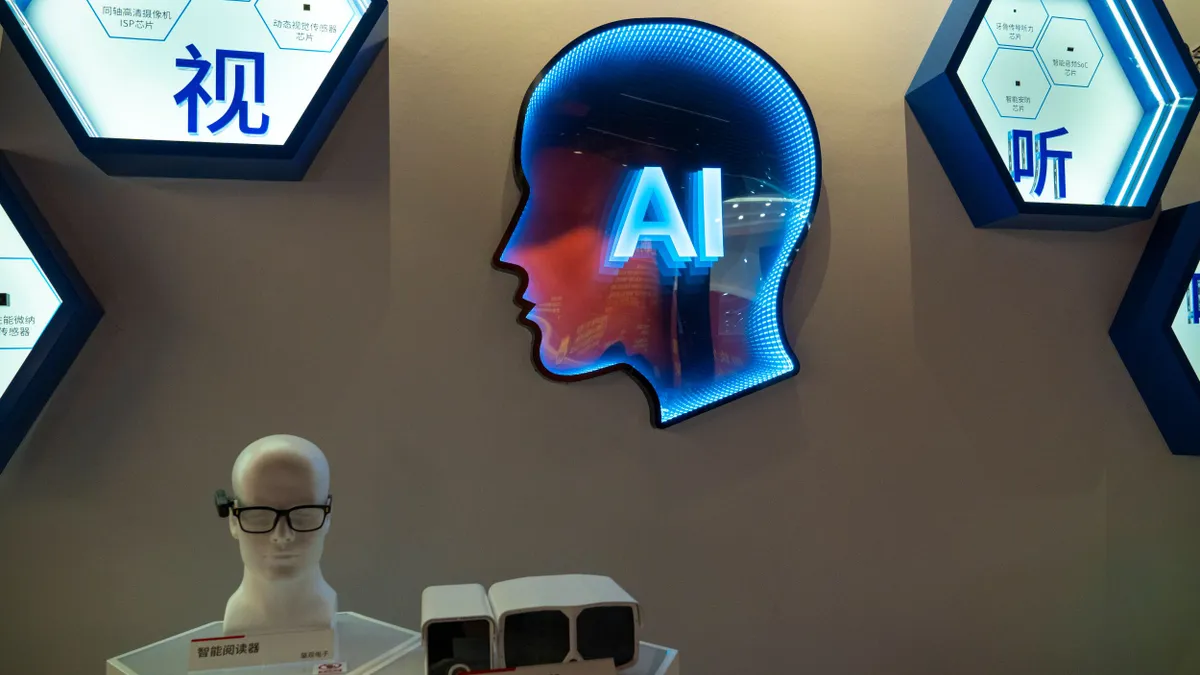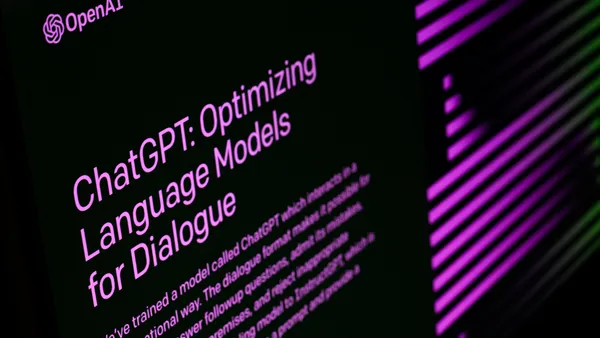Among the 6 in 10 managers who use artificial intelligence tools at work, nearly all — 94% — use them to make decisions about their direct reports, according to a June 30 report from Resume Builder.
When making personnel decisions, managers use AI to determine raises (78%), promotions (77%), layoffs (66%) and terminations (64%). More than 7 in 10 of the leaders who said they use AI to help manage their teams expressed confidence in the technology making fair and unbiased decisions about employees.
However, only 32% of those using AI to manage said they’ve received formal training on how to do so ethically, and 43% said they’ve received informal guidance. About a quarter said they haven’t received any training.
Of the managers turning to AI, 46% said they were told to evaluate whether AI could replace a direct report’s position. Among those, 57% said they decided AI could replace the position, and 43% decided to replace the human position with AI.
“It’s essential not to lose the ‘people’ in people management. While AI can support data-driven insights, it lacks context, empathy and judgment,” said Stacie Haller, chief career advisor at Resume Builder.
“AI outcomes reflect the data it’s given, which can be flawed, biased or manipulated,” Haller said. “Organizations have a responsibility to implement AI ethically to avoid legal liability, protect their culture and maintain trust among employees.”
In the survey of more than 1,300 U.S. managers with direct reports, more than 1 in 5 using AI to lead said they frequently let AI make final decisions without human input. Even so, nearly all managers said they’re willing to step in if they disagree with an AI-based recommendation.
Those who integrate AI at work also say they use it for training materials (97%), employee development plans (94%), performance assessments (91%) and performance improvement plans (88%).
Using AI for employment decisions could introduce bias into the algorithm, depending on how the AI model is trained and previous human decisions. At the same time, AI tools could potentially aid diversity, equity and inclusion efforts if hiring managers objectively analyze their people data to find patterns of exclusion or lack of promotion.
For instance, GoDaddy uses promotion flagging to identify potential eligible employees who should be reviewed for promotion consideration, said GoDaddy’s vice president of diversity, inclusion and belonging. Instead of relying on subjective data, HR pros can mitigate bias through structured processes.















